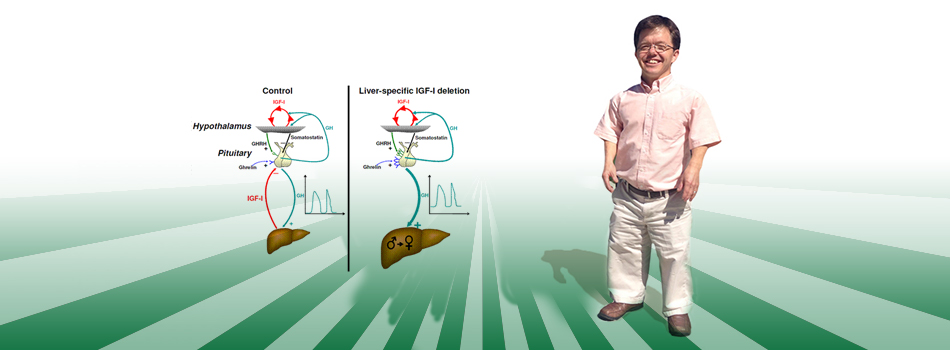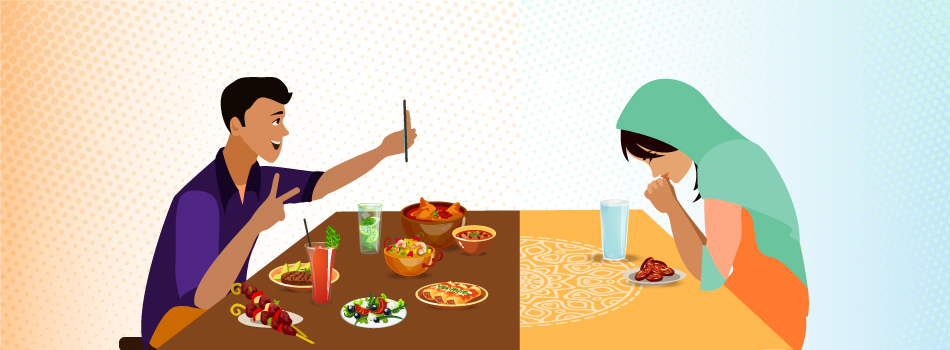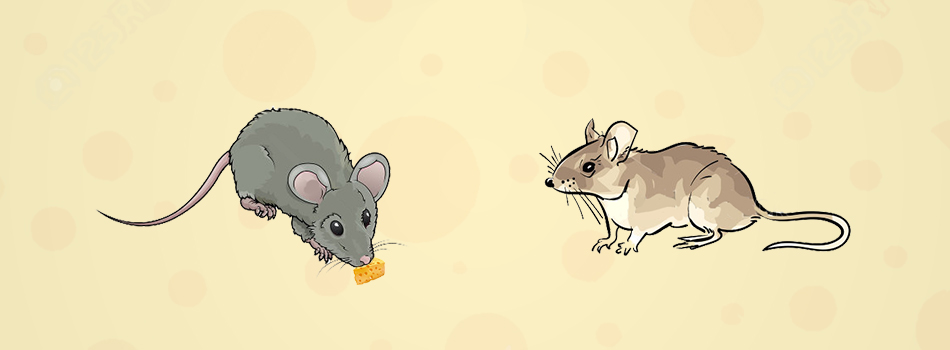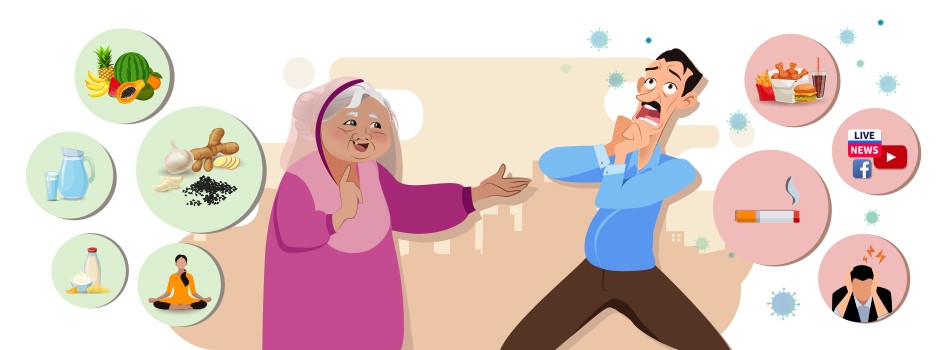
If you Wanna Live Longer, then FAST (Part-1)
published : 16 June 2016
The religious benefits of fasting are so obvious and widespread, that there’s nothing left to say about it. But what about the health benefits. We, in general, heard fasting is good for health, but without much evidentiary support. However, it seems like the nutritionists and researchers are doing that for us- gathering support in favor of fasting. According to many research results, fasting works faster than dieting. Hence a lot of people in western world are adopting fasting over restricting food intake in order to remain healthy and live longer. Let’s read about them in a bit detail.
Fauja Singh- had a diet of a kid
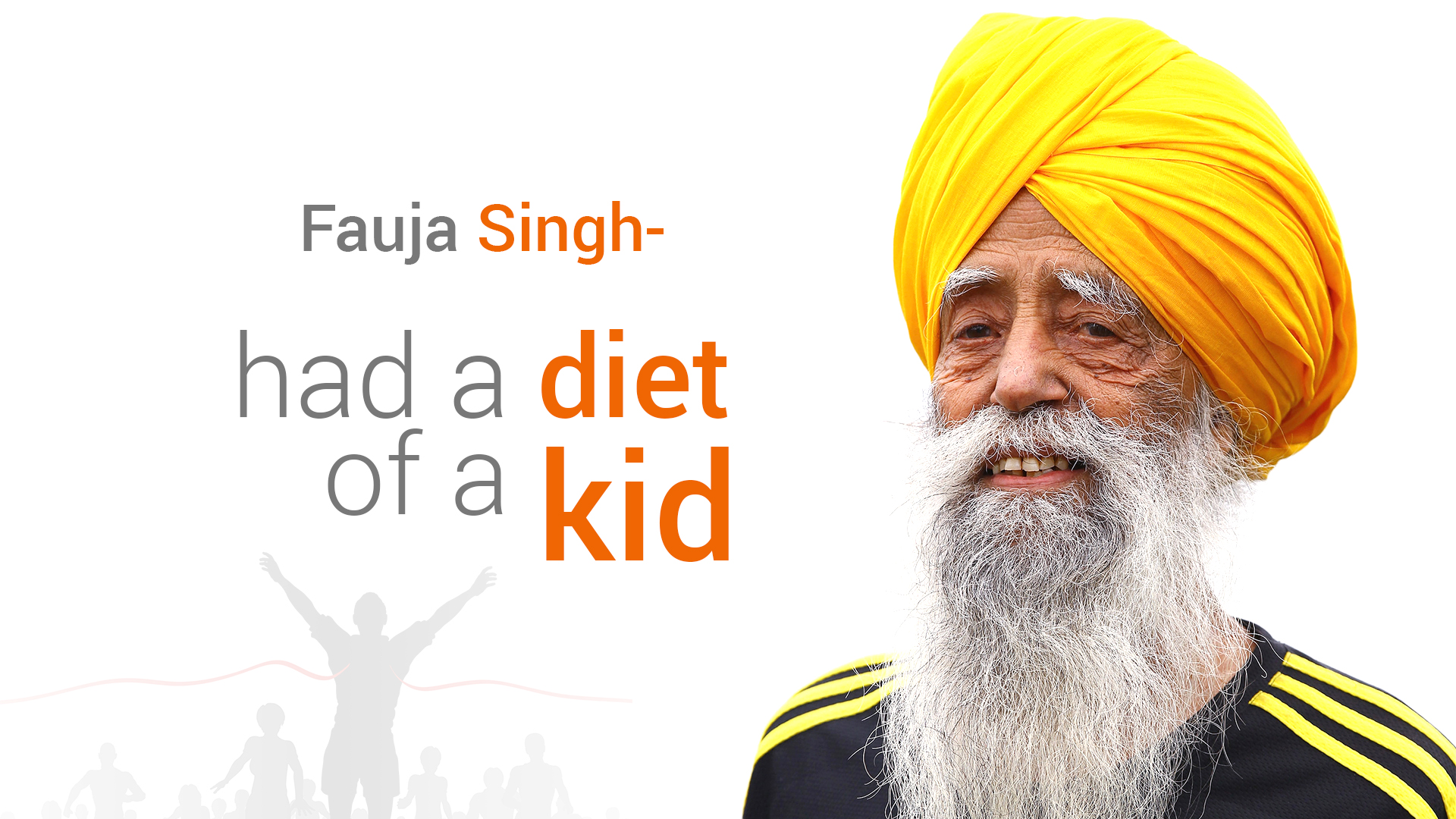
At the age of 101 years, he participated in the 26 mile marathon in London, where the total participants for running is 36000. There are other participants in their 50s, 70s and 80s. But he was the most remarkable of all. He started running in marathon in his 80s.
Born on 1st April 2011, Fauja singh belongs to a Panjabi family leading a simple life like a Panjabi farmer. He never had any surgeries and doesn’t show any signs of heart attack or any kind of age related diseases. And he dedicates his fitness and longevity to his diet.
Like a simple Panjabi farmer he takes fresh food but in very smaller portions. His amount of calorie intake would be half the amount of intake of a grown man- i.e. equivalent to a child’s portion of calorie intake.
During the Great Depression

After intense studying on ageing, scientists have now clarified that genes play a significant part in how quickly and well we age. But there’s nothing much you can do about our genes. There is however something we can do about how we eat. And here in America they are starting to turn out some truly remarkable research, linking food with longevity. It seems it’s not just about what we eat but how and when we eat it.
Starting from the times of great depression, during the dust bowl of America in 1930s; people would certainly expect a fall in longevity due to the draught and scarce food but instead it rose. It was found in a research carried out in the 1930s that, during the darkest times of great depression, between 1929-1933, the life expectancy rose by 6 years. And so, recently, nutritionists at Cornell university working with animals discovered- if you severely restrict the amount they eat they live longer; much, much longer. You must be wondering what effect would it have on human physiology.
Let’s know about the CRONIEs

After almost 8 decades, scientists have finally given concern and is beginning to understand the link between calorie restriction and longevity in humans. It’s quite fascinating to know how dietary intervention can have a significant impact on human body functions. And Prof. Luigi Fontana has been studying in respect of this for 10 years, with group of people, the CRONIEs(a calorie restrictor on optimal nutrition) who severely restrict their calorie intake each day, having loads of fruits and veggies. There is an estimated 1 hundred thousand cronies worldwide, living on food that are rich in nutrients but low in calories.
According to Luigi they are like a total different species (from the inside). Hence, to understand his statement better a comparison test, including medical ones, were performed between one of his CRONIEs, living on restricted diet, and an ordinary man living on regular western diet. Even though the CRONIE was in his 50s his physical fitness said as though he was in his 20s in respect of a loads of tests- for example reaction time, balance control etc. At the same time, his body fat was 11% equivalent to a typical super athlete, compared to the ordinary man with 27% body fat of which 30% is abdominal fat that could lead him to diabetes or cardiovascular disease or even cancer, anytime sooner if his diet isn’t changed. On the other hand, the CRONIE had no risk on any of these diseases, that are responsible for 40% of deaths in USA or UK. But the thing, if anyone follows the diet, then s/he’d recover within one year, leaving all the risks behind.






